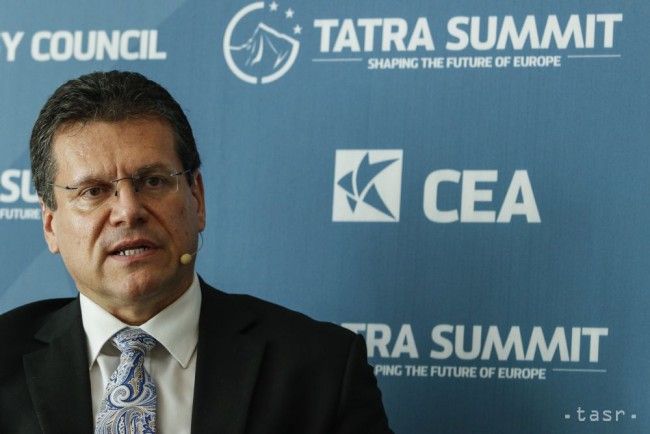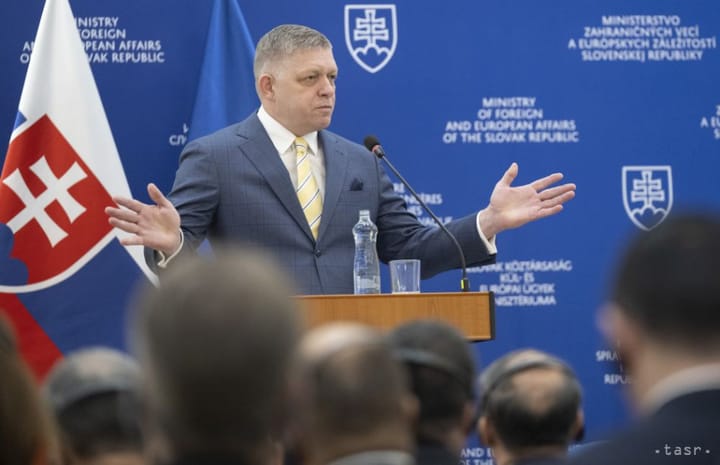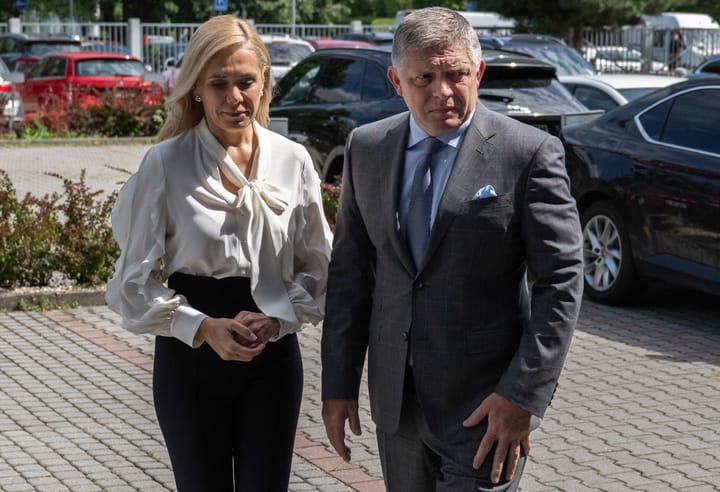Sefcovic: Slovakia Could Be Obliged to Cut Emissions by 12 percent

Brussels, July 20 (TASR) – The European Commission (EC) on Wednesday presented a new package of measures aimed at lowering carbon emissions and facilitating a faster transition to a low-carbon economy in the EU, said European Commission Vice-president for Energy Union Maros Sefcovic on the same day.
Sefcovic noted that this initiative would oblige Slovakia to cut emissions in transport and agriculture and to improve the energy efficiency of buildings by 12 percent. The package contains proposals for cuts in emissions of greenhouse gases between 2021-30 in sectors that aren’t subject to the emissions trading system (ETS), such as transport, agriculture, energy efficiency, construction, waste management and forestry.
EU-member states have collectively agreed to lower emissions in the aforementioned sectors by 30 percent, with the EC specifying exact figures to be achieved individually by each member state.
“Slovakia would have to go down by 12 percent,” warned Sefcovic, adding that more developed countries would have to cut emissions more drastically, in Sweden and Germany’s case by 39 and 40 percent, respectively.
The EU wants to send a clear signal to the rest of the world that it’s serious about respecting the conclusions of and obligations arising from the Paris Climate Agreement as well as to preserve its reputation as world leader in fighting climate change. The EU would also like to create conditions for a transition to a low-carbon economy that would engender new and modern job opportunities.
The Commission has also presented a strategy for developing low-carbon transport, which sets out a course for drafting EU-wide measures for vehicles with low or zero emissions and for alternative low-emission fuels. European Commissioner for Transport Violeta Bulc noted that transport produces one quarter of greenhouse gas emissions in Europe and is the main cause of air pollution.
European Commissioner for Climate Action and Energy Miguel Arias Canete emphasised that financially appropriate stimuli have been devised for achieving the ambitious climate goals of the EU. These should free up investments in the areas of transport, agriculture, energy efficiency and waste management.



